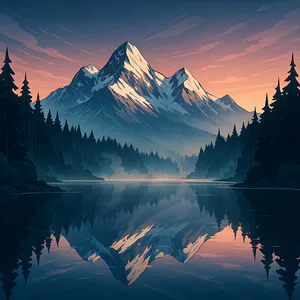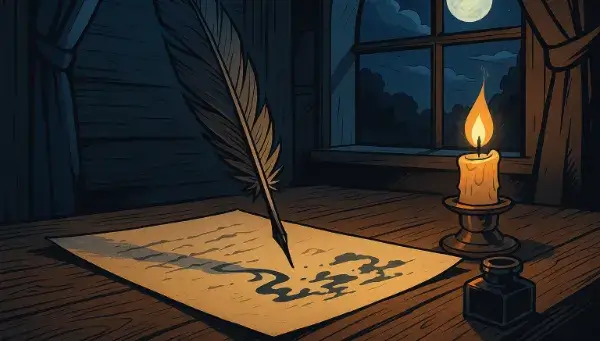Generate lake names
More Place Name Generators- <% result.name %>
Discover all Story Shack apps
Dive into the Depths of Imagination
Naming a lake can evoke a sense of wonder and beauty. Use these questions to inspire unique and enchanting names for your fictional or real lakes, capturing their essence and the stories they hold.
- What natural features surround the lake that could inspire its name?
- Are there any local legends or folklore associated with the lake?
- What emotions or experiences do you want the name to convey?
- What colors or elements of nature (like flora and fauna) are prominent near the lake?
- What historical events or figures are linked to the area that could influence the name?
Frequently Asked Questions
Here are some common questions about the Lake Name Generator and how it can help you find the perfect name for your lake.
How does the Lake Name Generator work?
It generates unique lake names by combining elements from nature, mythology, and descriptive words, offering a fresh name with each click.
Can I specify the type of lake name I want?
Currently, you cannot specify; however, you can keep generating names until you find one that resonates with your vision.
Are the lake names unique?
The names are randomly generated; with unlimited clicks, you'll discover a diverse range of options, though some may share similarities.
How many names can I generate?
You can generate an unlimited number of lake names; simply click 'Generate' as many times as you desire.
How do I save my favorite lake names?
You can easily copy a name by clicking on it, or use the heart icon to save it for future reference.
What are good lake names?
There's thousands of random lake names in this generator. Here are some samples to start:
- Amdown Basin
- Monkfield Domain
- Middleschill Lagoon
- Wilcola Shallows
- Coroney Pond
- Lamer Cove
- Okosons Shallows
- Limingheller Pond
- Torlinet Domain
- Rowcouche Loch
About the creator
All idea generators and writing tools on The Story Shack are carefully crafted by storyteller and developer Martin Hooijmans. During the day I work on tech solutions. In my free hours I love diving into stories, be it reading, writing, gaming, roleplaying, you name it, I probably enjoy it. The Story Shack is my way of giving back to the global storytelling community. It's a huge creative outlet where I love bringing my ideas to life. Thanks for coming by, and if you enjoyed this tool, make sure you check out a few more!






















































